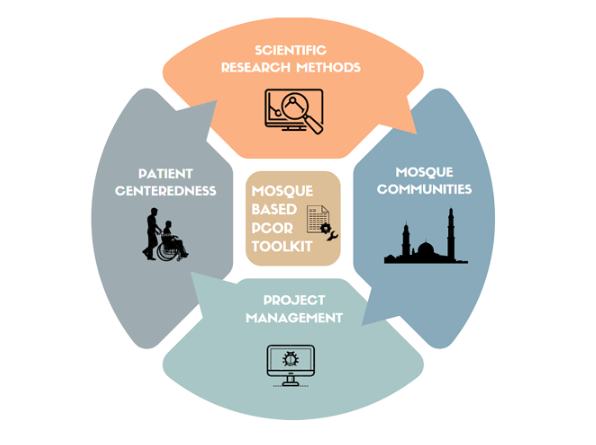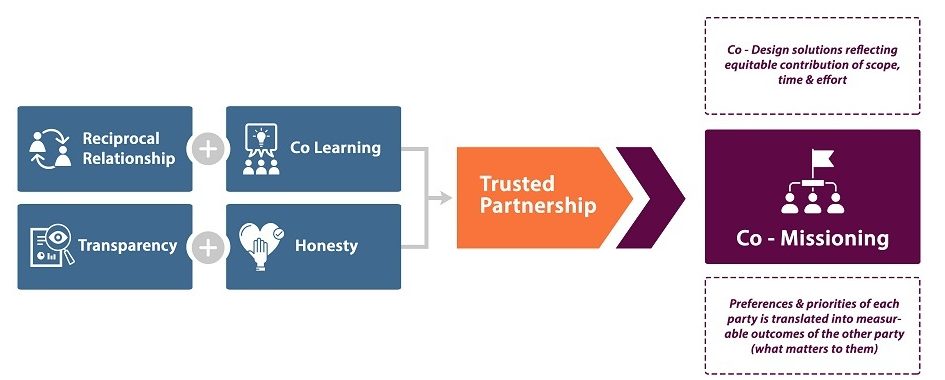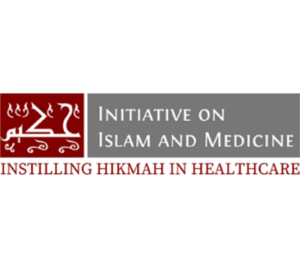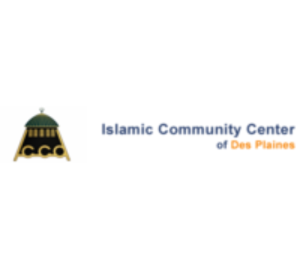Patient-Centered Outcomes Research is a growing field that aims to provide better healthcare by evaluating questions and outcomes that are important and meaningful to patients and their caregivers. This emerging approach has been transformed into a methodology by The Patient-Centered Outcomes Research Institute (PCORI), established as part of the US Patient Protection and Affordable Care Act of 2010 to fund Patient-Centered Outcomes Research and Comparative Clinical Effectiveness Research. This research methodology seeks to extend the concept of patient-centeredness from healthcare delivery to healthcare research.
Though the Patient-Centered Outcomes Research/Comparative Effectiveness Research methodology is still in its capacity-building phase, where more and more clinical and social researchers are adopting the concepts and integrating the techniques in their empirical works, they continue to bank on the Community-Based Participatory Research approach to understand and design clinical and behavioral interventions.
As opposed to PCOR methodology, Community-Based Participatory Research (CBPR) provides a framework for a collaborative approach where researchers, community members, and stakeholders co-create and conduct research to address local concerns. While the CBPR approach ensures research is relevant, respectful of community values, and leads to practical solutions, it lacks engagement methods that complement the scientific research for clinical and social scientists.

Nonetheless, CBPR paved the platform for community engagement research and has been helping clinical scientists to translate their research and engage community members for over five decades. The CBPR platform’s evolution to PCOR demonstrates a progression towards more patient-oriented research methodologies. While CBPR emphasizes community engagement, PCOR adds a structured framework to gather and compare evidence-based patient insights. This shift enhances the credibility of patient-inclusive research, aiding healthcare choices with robust evidence while maintaining a community-driven spirit.

Though the Patient-Centered Outcomes Research/Comparative Effectiveness Research methodology is still in its capacity-building phase, where more and more clinical and social researchers are adopting the concepts and integrating the techniques in their empirical works, they continue to bank on the Community-Based Participatory Research approach to understand and design clinical and behavioral interventions.
As opposed to PCOR methodology, Community-Based Participatory Research (CBPR) provides a framework for a collaborative approach where researchers, community members, and stakeholders co-create and conduct research to address local concerns. While the CBPR approach ensures research is relevant, respectful of community values, and leads to practical solutions, it lacks engagement methods that complement the scientific research for clinical and social scientists.
Nonetheless, CBPR paved the platform for community engagement research and has been helping clinical scientists to translate their research and engage community members for over five decades. The CBPR platform’s evolution to PCOR demonstrates a progression towards more patient-oriented research methodologies. While CBPR emphasizes community engagement, PCOR adds a structured framework to gather and compare evidence-based patient insights. This shift enhances the credibility of patient-inclusive research, aiding healthcare choices with robust evidence while maintaining a community-driven spirit.
Patient-Centered Outcomes Research is a growing field that aims to provide better healthcare by evaluating questions and outcomes that are important and meaningful to patients and their caregivers. This emerging approach has been transformed into a methodology by The Patient-Centered Outcomes Research Institute (PCORI), established as part of the US Patient Protection and Affordable Care Act of 2010 to fund Patient-Centered Outcomes Research and Comparative Clinical Effectiveness Research. This research methodology seeks to extend the concept of patient-centeredness from healthcare delivery to healthcare research.

Though the Patient-Centered Outcomes Research/Comparative Effectiveness Research methodology is still in its capacity-building phase, where more and more clinical and social researchers are adopting the concepts and integrating the techniques in their empirical works, they continue to bank on the Community-Based Participatory Research approach to understand and design clinical and behavioral interventions.
As opposed to PCOR methodology, Community-Based Participatory Research (CBPR) provides a framework for a collaborative approach where researchers, community members, and stakeholders co-create and conduct research to address local concerns. While the CBPR approach ensures research is relevant, respectful of community values, and leads to practical solutions, it lacks engagement methods that complement the scientific research for clinical and social scientists.
Nonetheless, CBPR paved the platform for community engagement research and has been helping clinical scientists to translate their research and engage community members for over five decades. The CBPR platform’s evolution to PCOR demonstrates a progression towards more patient-oriented research methodologies. While CBPR emphasizes community engagement, PCOR adds a structured framework to gather and compare evidence-based patient insights. This shift enhances the credibility of patient-inclusive research, aiding healthcare choices with robust evidence while maintaining a community-driven spirit.
PCORI methods assist with creating a detailed engagement plan that brings patient, caregiver, and stakeholder voices into formulating the PCOR research. We couple Project Management tools and techniques to ensure quality engagement and judgment-free space to highlight the actual needs of a community. Thus, making an impact.
Project Management’s call for every activity to be followed within its timeframe helps to maintain the research team’s momentum throughout the project life cycle and even in the post-project phase. Aligning PCOR activities with the project process groups can provide a more robust approach throughout the project lifecycle and adoption. We use a 6 step approach at each activity level to ensure quality engagements occur.


Using the following tools which allow WFC to engage with the community:




